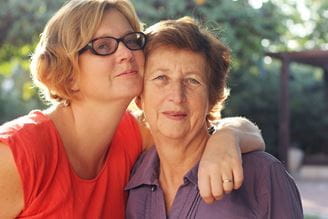 Investigators of the Krannert Cardiovascular Research Center are continuing to advance electrophysiology through research at the molecular and cellular level, incorporating novel biomedical engineering approaches to contribute new findings regarding arrhythmogenesis in adults. They examine the root causes of arrhythmias and cardiac arrest and test potential therapies to treat cardiac arrest and arrhythmias.
Investigators of the Krannert Cardiovascular Research Center are continuing to advance electrophysiology through research at the molecular and cellular level, incorporating novel biomedical engineering approaches to contribute new findings regarding arrhythmogenesis in adults. They examine the root causes of arrhythmias and cardiac arrest and test potential therapies to treat cardiac arrest and arrhythmias.
Cardiac arrest happens when the heart unexpectedly stops pumping and is caused by arrhythmias. When cardiac arrest occurs, the blood stops flowing to the brain and other vital organs. Some of these arrhythmias can consist of irregular and rapid heart rhythms, which can include disorganized electrical signals, heart palpitations, shortness of breath and fatigue.
Atrial Fibrillation or AFib, is among the most common of arrhythmias, and affects more than 2 million people in the United States. The risk of getting AFib increases as one ages, especially if they are 65 years of age or more.

